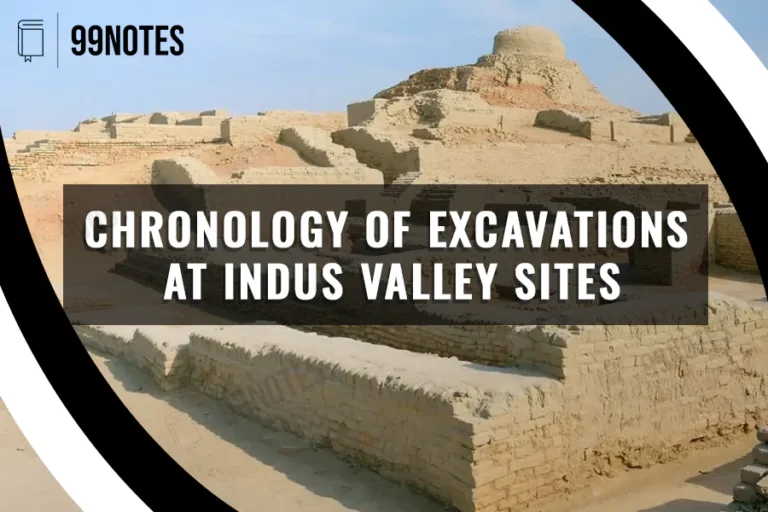Religion And Reservation
(Source: Indian Express; Section: Explained; Page: 16)
| Topic: GS2 – Indian Polity |
| Context: |
|
Analysis of News:
Supreme Court’s Observations on Religion and Reservation
- On December 9, the Supreme Court reiterated that “reservation cannot be on the basis of religion.”
- This was in the context of a challenge to the Calcutta High Court’s decision striking down OBC reservations for 77 classes, primarily from the Muslim community.
Reservations for Religious Groups in OBC Quota
- Article 16(4) of the Constitution allows reservations for “any backward class of citizens,” not explicitly barring religious groups.
- States like Kerala, Karnataka, and Tamil Nadu have historically provided OBC reservations for Muslims based on socio-economic studies, including findings of backwardness by commissions like the Justice O. Chinnappa Reddy and Sachar Committees.
- However, the 1992 Supreme Court ruling in Indra Sawhney v. Union of India held that religion alone cannot be the sole criterion for reservation.
Challenges to SC Reservations Based on Religion
- Article 341(1) specifies Scheduled Castes (SC) based on caste identity but restricts SC status to Hindus, Sikhs, and Buddhists.
- The Constitution (Scheduled Castes) Order, 1950, excludes converts to Islam and Christianity, upheld in cases like Soosai v. Union of India (1985).
- While the Ranganath Mishra Commission (2007) recommended SC status for all caste converts, regardless of religion, the government has not accepted the report.
Ongoing Supreme Court Cases
- Challenges to the constitutionality of the 1950 SC Order, particularly its exclusion of Muslims and Christians, remain unresolved.
- The Centre has constituted a new commission, chaired by former Chief Justice K G Balakrishnan, to examine if SC status should be extended to religious converts, with a final report due in October 2025.
OBC Reservations for Religious Groups Under Scrutiny
- The Supreme Court is reviewing cases like the Andhra Pradesh government’s attempt to provide 5% OBC reservations to Muslims (struck down in 2005).
- Courts have consistently required “objective criteria” to determine backwardness rather than religion as a sole basis for reservation.
The article concludes that while reservations aim to address historical inequalities, using religion as the sole criterion is constitutionally and judicially contentious. A balanced approach, backed by objective evidence, is essential to ensure that reservation policies promote genuine social and economic upliftment.

